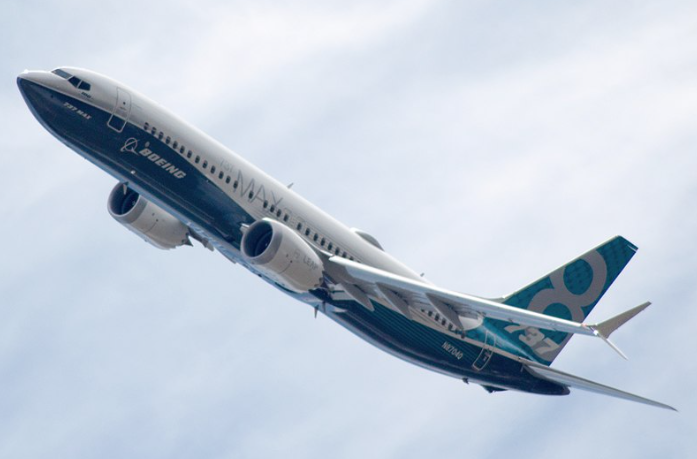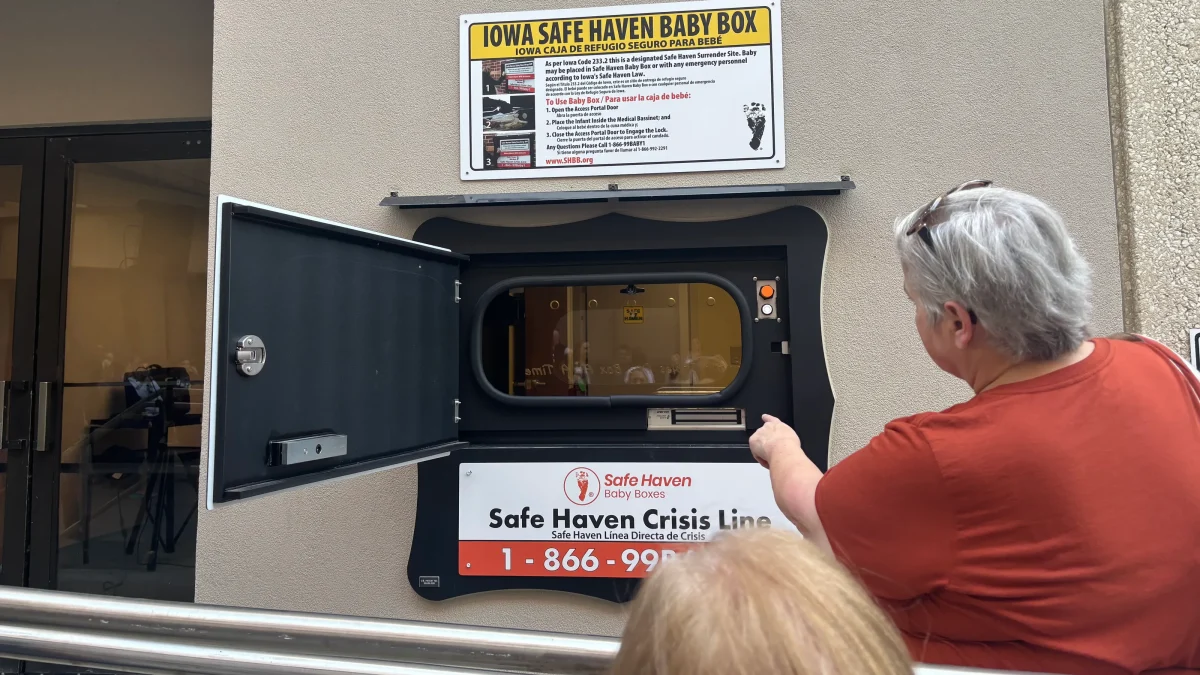The Uber driving company was founded in 2008 in the San Francisco Bay Area of California. Initially, the company only operated in California, but it slowly started to expand outwards across the country. Nowadays, Uber, which has even made a significant presence in the Quad Cities, is a huge name around the United States for the transportation industry. Lately, Uber has been experimenting with a new kind of transportation, self-driving cars.
Self-driving cars have been a challenge for all automobile makers ever since the concept was first rolled out. The most notable example of the self-driving car competition exists between Uber and Google, who are both involved in a Cold War of sorts with the market. Uber is relatively new to the market, starting their program back in August of 2016. But, after a few successful tests, Uber is moving forward with their program at stunning rates, already having cars on the road in cities like Pittsburg.
There are two major barriers regarding Uber’s autonomous dream. The first problem is that Uber must work with and around the law. According to the National Conference of State Legislatures, as of 2016, twenty states have legislation regarding self-driving cars, but this is not the same thing as legalization. The state that has allowed the most leverage with the legislation is Pennsylvania, where Uber first launched its program. Uber now has a full autonomous fleet of cars in Pittsburgh, available for Uber customers who choose this option.
The second roadblock in the Uber program is the security, safety, and confidence in the program. One major incident in this category was the crash that an Uber car went through recently in Tempe, Arizona. According to the Washington Post, the crash was not at fault of the Uber car. The car was being operated in self-driving mode by two Uber employees when they were driving through a yellow caution light. The car was hit by a driver in a Honda CR-V. After the crash, Uber halted their autonomous driving program for one weekend before picking it up again.
Even though Uber is leading the way in the autonomous program, they still have to overcome the trust issues of the public. Cecily Clark, senior, stated, “I would not trust a self-driving Uber. I just wouldn’t feel safe.” Until Uber can change society’s norms and laws, the company will have to continue to operate in the same way they have been for years.















